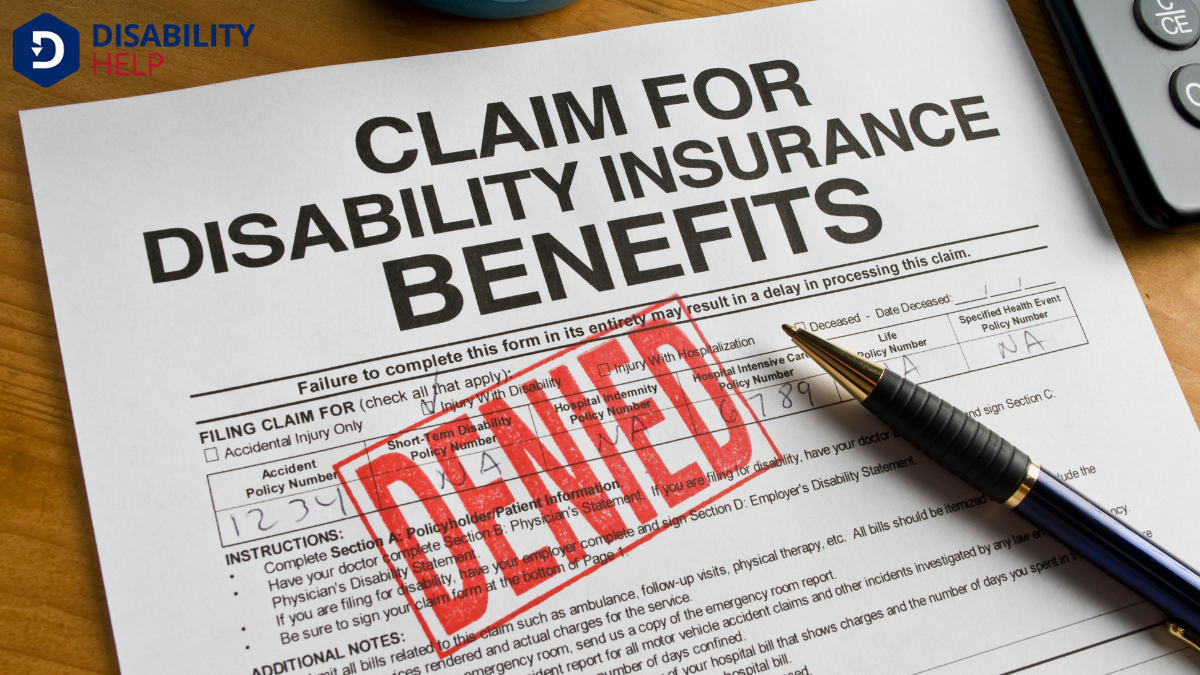We can generally have multiple short-term disability claims in a year, but it depends on our specific insurance policy. Reviewing the terms is essential as some policies may require separate medical conditions for each claim and could impose restrictions or waiting periods. It's important to check eligibility criteria, understanding any limitations that could affect benefits. If we pay attention to these details, we’ll uncover more ways to navigate the complexities of our policy.
Key Takeaways
- Review your policy's terms to see if multiple claims for different incidents are allowed within the same year.
- Ensure new claims are for distinct medical conditions, per policy requirements.
- Be aware of any policy caps on the number of claims or total benefits payable.
- Documentation from healthcare providers is necessary to support each claim.
- Understand waiting periods, as they can delay benefit payments for successive claims.
Understanding Short-Term Disability Insurance
Short-term disability insuranceInsurance that provides income replacement for a limited time when an employee is unable to work due... is an important safety net that provides financial support when we're unable to work due to illness or injury.
It guarantees a portion of our income continues, helping us manage expenses during recovery. Understanding this insurance is essential as it directly impacts our financial security. Typically, it covers a percentage of our salary, usually between 40% and 70%, for a set period, often up to six months.
We should all be aware of how the policy defines "disability" and the waiting period, which is the time before benefits start.
This knowledge helps us plan our finances effectively. It's critical to read our policy thoroughly and consult our HR department or insurance provider with any questions, making sure we're fully prepared when we need it.
Eligibility Criteria for Multiple Claims

How do we determine if we're eligible to file multiple short-term disability claims under our insurance policy?
First, we need to review our policy's specific terms and conditions. Each insurance plan may have unique criteria, so understanding these is vital.
Let's verify if our policy allows multiple claims for separate incidents within the same year. We should consider whether a new claim requires a different medical condition or if it's permissible to claim for recurring issues.
Our healthcare provider's documentation will be essential to support our claims. It's also important to guarantee we've met all initial eligibility requirements, like employment status and premium payments.
Policy Limitations and Waiting Periods
Understanding our policy's specifics helps us determine eligibility, and it's equally important to be aware of any policy limitations and waiting periods that might affect our claims.
Each short-term disability policy is unique, and knowing the ins and outs can save us time and effort. Policies often have caps on the number of claims or the total amount payable within a year.
Additionally, waiting periods can delay when benefits begin, starting from the onset of disability. These periods vary, sometimes lasting a week or more.
Financial Implications of Multiple Claims
When juggling multiple short-term disability claims, we're faced with various financial implications that require careful examination.
It's essential to understand how these claims might affect our overall financial situation. Each claim typically comes with its own set of limitations and restrictions that can impact the benefits we receive.
For instance, some policies may reduce the amount of our benefits if we file multiple claims within a short period. Additionally, insurance premiums may increase, straining our budget further.
We also need to evaluate the potential loss of income during waiting periods, which can affect our financial stability. By being aware of these factors, we can better prepare for the financial challenges that come with managing multiple claims in a year.
Tips for Managing Recurring Health Conditions

Dealing with recurring health conditions can be challenging, but with a proactive approach, we can manage them more effectively.
First, let's maintain a consistent routine. Regular check-ups help us catch issues early, and adhering to prescribed treatments is vital. It’s important to communicate openly with our healthcare providers about any changes in symptoms or concerns. By doing so, we guarantee we're getting the right care.
Incorporating stress management techniques, like meditation or light exercise, can improve our overall well-being.
It’s also significant that we educate ourselves about our condition to make informed decisions.
Finally, let's lean on our support network—family, friends, or support groups can offer emotional backing and practical advice.
Together, these strategies empower us to handle our health with confidence.
Conclusion
We've navigated the ins and outs of handling multiple short-term disability claims in a year. While it’s possible to file more than one claim, understanding your policy’s specifics, like waiting periods and financial limits, is essential. Let’s stay informed and proactive about our health and coverage. By managing recurring health conditions wisely, we can better secure our well-being and financial stability. Remember, staying prepared helps us face any challenges that come our way.






